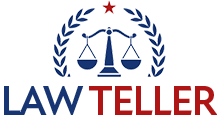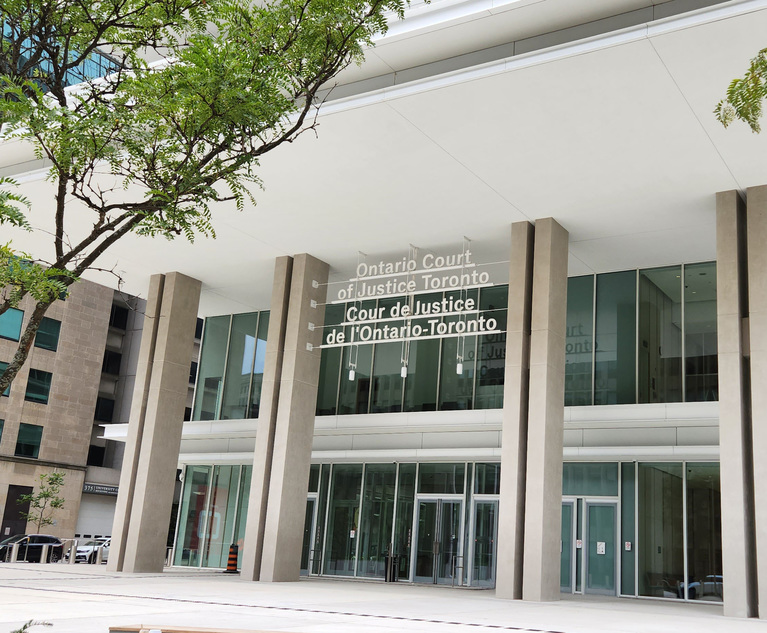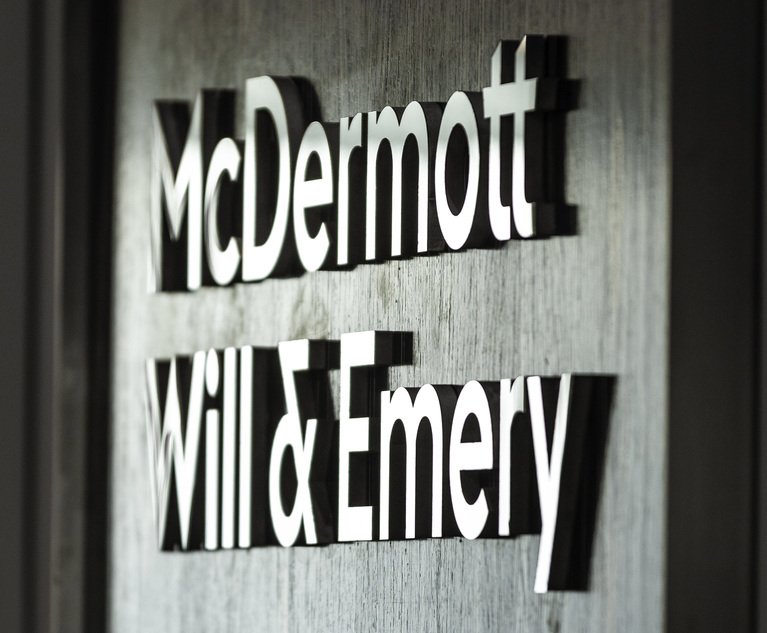Terraform Labs and its co-founders are facing a $57 million class action lawsuit in Singapore after the High Court rejected the defendants’ appeal to have the case dismissed.
The defendants, Terraforms Labs Pte Ltd, Do Kwon, Nikolaos Platias, and Luna Foundation Guard Ltd, earlier tried to shift the action to a confidential arbitration proceeding arguing that the terms of use on its website forfeits users’ rights to a trial. However, an Assistant Registrar found that the terms of use were located at inconspicuous parts of the website, and that there was insufficient emphasis of those clauses to users. An application by the defendants to stay in favour of arbitration was also denied due to the failure to establish an arbitration agreement between the company and the claimants.
The defendants have appealed.
Dentons Rodyk is acting for Terraforms Labs and its co-founder Do Kwon, as well as Luna Foundation, the entity behind the collapsed Terra ecosystem. Terraforms’ other co-founder Platias is represented by Setia Law, a boutique disputes firm founded earlier this year by former Rajah & Tann partners Wern-Jhien Yam and Danny Ong. Platias had retained Rajah & Tann as its representative firm on the matter before Setia was established.
The lawsuit, filed in September last year by Spanish citizien Julian Moreno Beltran and Singaporean investor Douglas Gan on behalf of 375 others, alleges fraudulent misrepresentation by Singapore-incorporated Terraform Labs and its co-founders in promoting the stablecoin terraUSD (UST). They claim to have lost $57 million as UST lost its peg to the U.S. dollar in May last year and plummeted to less than $0.10.
The claimants are represented by Singapore’s foremost litigation practice and one of the city’s Big Four local law firms, Drew & Napier. The firm has acted for and against a variety of major cryptocurrency players previously including those involved in the collapse of Thailand-based cryptocurrency exchange Zipmex, and crypto lender Babel Finance.
The appeal against the Terraform decision earlier this year was heard by Justice Hri Kumar Nair in September and grounds for the decision were released last week. In that, the court found that Terraform’s conduct of the matter so far, which included the filing of a defence on the merits of the suit as well as a counterclaim, and requests for more particulars, meant that it had accepted Singapore’s court jurisdiction over the matter. The judge also noted that the suit was served in September last year and that the jurisdictional challenge was only heard nine months after the suit was served.
“Now that the dispute will firmly be heard within the Singapore courts, the next formal stage of proceedings will be the discovery phase,” Drew & Napier director Mahesh Rai told Law.com International.
“To our knowledge, our action has progressed the furthest amongst the various class-action proceedings ongoing worldwide,” he added.
The case is one of several suits that have been filed against Terraform Labs and its co-founders following the collapse of the UST tokens in May last year.
The U.S. Securities and Exchange Commission (SEC) also filed a lawsuit accusing Kwon of misleading investors on the stability of his UST tokens. In court filings, the SEC alleged that Kwon had signed a deal with high-frequency, algorithmic trading firm Jump Trading in 2021 to prop up the UST tokens when the coin tumbled below its $1 peg, then told investors that the UST was “self-healing.” In that matter, Kwon is also represented by Dentons.










